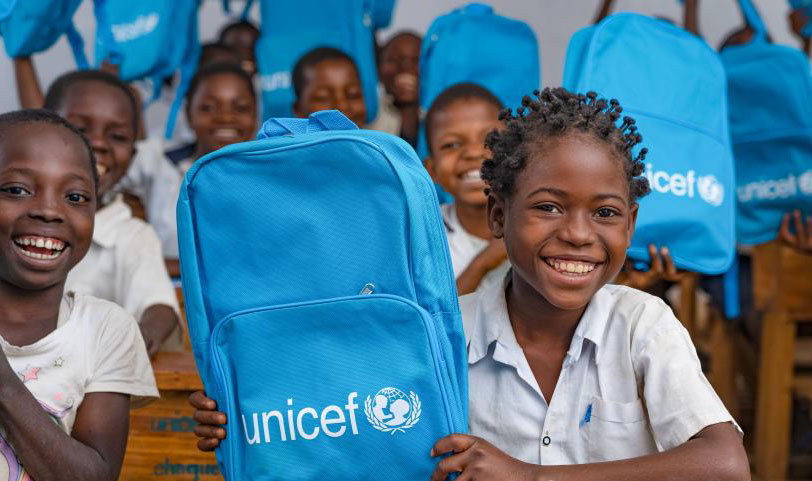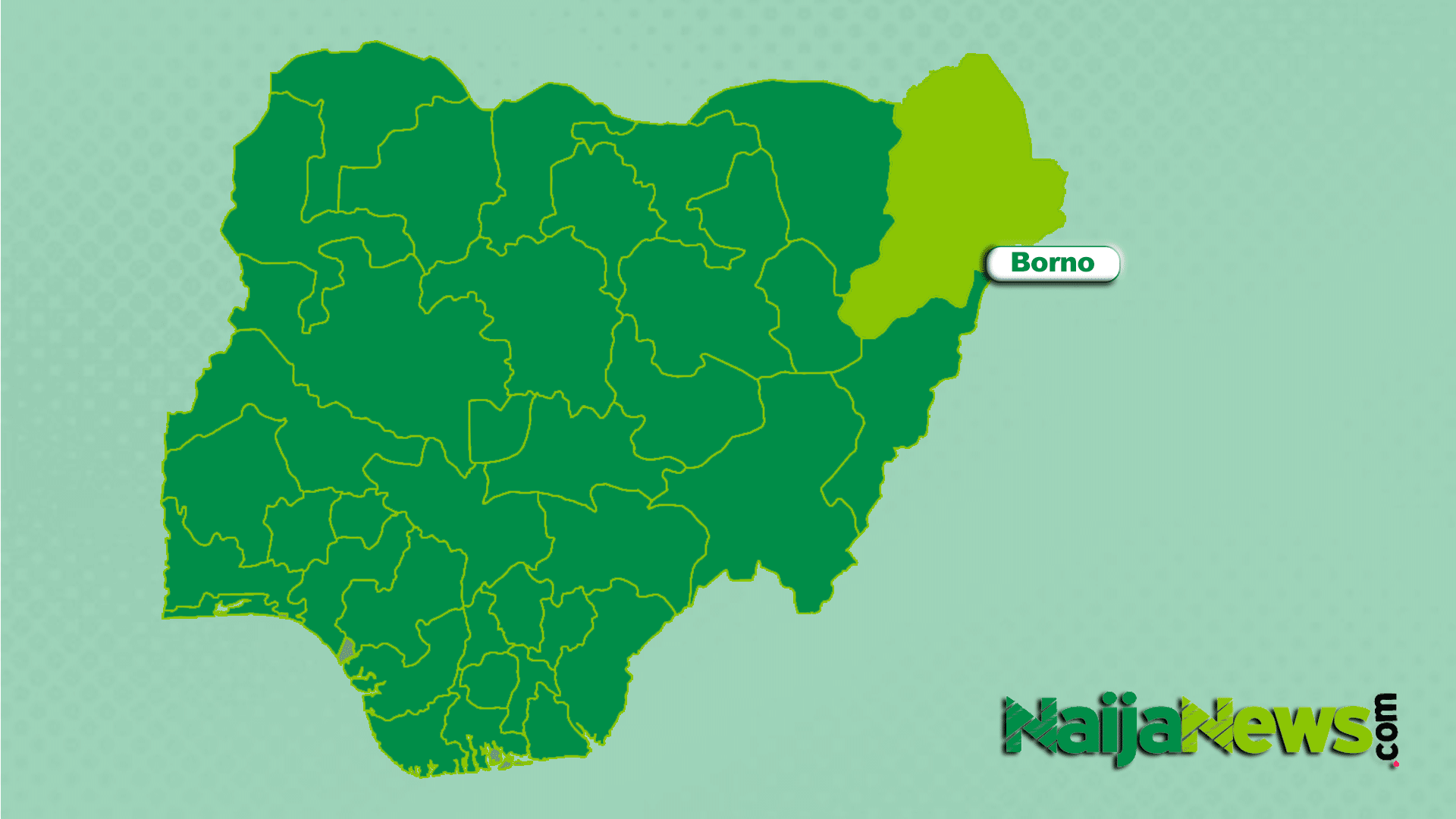The United Nations Children’s Fund (UNICEF) has reinforced that education is Nigeria’s most powerful tool to break the enduring cycle of poverty—especially in the North-East, where years of Boko Haram insurgency have kept millions of children out of school.
During a briefing on UNICEF’s efforts in Borno, Yobe, and Adamawa, the organization’s country representative, Wafaa Saeed, underscored the critical need to return children to classrooms—not only for their own futures, but for the survival and progress of their families and the nation.
“Education changes everything. Even mothers without any schooling are determined to have their children learn,” Saeed emphasized. “When we help children get back to school, we shield them from exploitation, early marriage, and a lifetime of lost opportunities.”
Saeed shared the story of Fatima, a 15-year-old mother in Maiduguri whose infant is recovering from malnutrition at the University of Maiduguri Teaching Hospital. Though Fatima never had the chance to go to school, her hope is unwavering: she dreams her daughter will complete her education.
UNICEF estimates that Nigeria has over 10 million out-of-school children—the highest number globally. The challenge is most severe in Borno, Yobe, and Adamawa states, where conflict has devastated schools, forced families from their homes, and left countless children vulnerable.
Saeed cautioned that the crisis is more than access to classrooms—quality is just as critical. “Across Africa, three out of every four children attending school still cannot read or do basic math,” she noted.
UNICEF is urging greater investment in measures such as building safe learning environments, comprehensive teacher training, and innovative solutions like cash transfers for struggling families, solar-powered schools, and digital education partnerships.
Addressing nutrition, Saeed highlighted the make-or-break importance of a child’s first two years, a period vital for proper growth and brain development.
She explained that UNICEF is working closely with both government and private partners to boost the availability and affordability of nutritious, locally produced foods for children under age two.
While recent funding shortages have posed challenges for aid programs, Saeed said UNICEF has realigned its operations to stretch resources and keep supporting the most vulnerable populations.
“Nigeria’s dedication is clear, but the scale of the crisis still outpaces the response. It’s time to intensify and expand our efforts,” she urged.
Saeed also applauded the young people in Borno who are championing breastfeeding, vaccination drives, and environmental initiatives like recycling—calling their actions inspiring examples of resilience and hope for their communities.
“By investing in its children, Nigeria has the power not only to transform its own future but to shape the destiny of the entire continent. Children truly are Africa’s greatest hope,” Saeed concluded.









